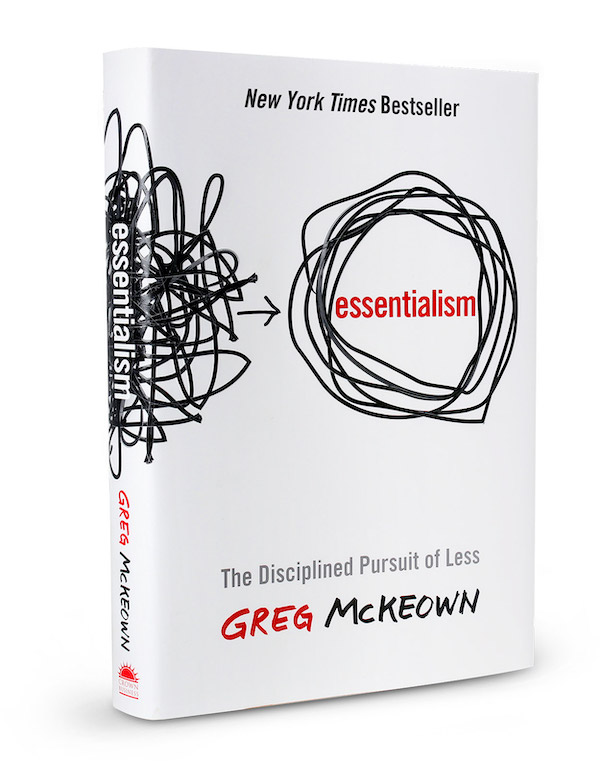Less but Better
We live in an age of overabundance of information. Many of us are exposed to more information, ideas, new original thoughts on an regular morning than the average human from a couple centuries ago was in months. Almost any information that we may be interested in is easily available within seconds thought a smartphone. In this environment it’s becoming less and less relevant what data we have access to, and more how to separate the wheat from the chaff.
I’ve always been a curious person, with a wide set of interests. And at the same time, afraid of missing out on something relevant or important to me. For many years this caused undue stress, as I forced myself to spread my time across too many projects, too many books to read, too many people to meet, too many commitments to fulfill. I’ve always known how important it is to focus. But it’s so easy to say yes, to add one more thing to the “to do” list. It wasn’t until last year that the message really clicked, that I started taking a serious look at my time, and making a commitment to focus; to concentrate on less things; to say no more often.
I have to credit Greg McKeown for the expression, “less but better”, which so well summarizes the essence of a principle that I believe is so important today. It’s so easy to let oneself get distracted by the continuous bombardment of information, the demands of daily life, pressure from our peers and our communities, that in order to be truly successful we must learn to say no, to focus, to distinguish what’s really important from what’s just nice to have. In his book, “Essentialism” Greg does a fantastic job articulating why this is critical for success, and at the same time so difficult to achieve. I highly recommend everyone to read the book or listen to it. Personally, I’ve spent hours throughout the past few weeks winnowing down my list of goals for the new year, and deciding what I’m going to focus on. And committing in 2019 to do less, but better.
